What Is Chikungunya: Its Fever Symptoms, Tests & Treatment
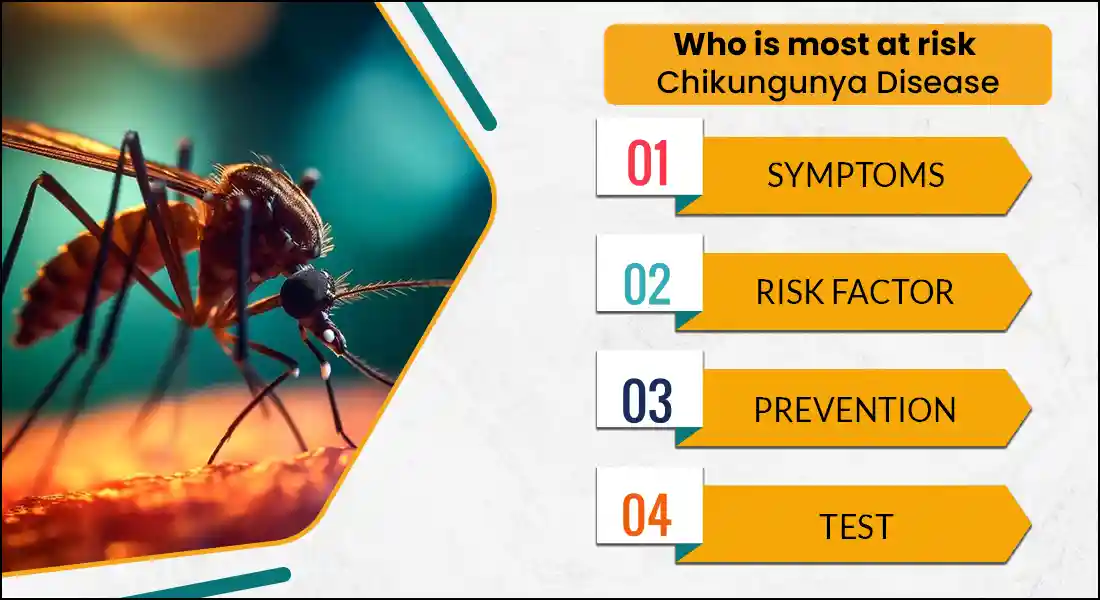
The mosquito-borne illness, Chikungunya affects thousands of people each year. While the disease is lesser known than other mosquito-borne illnesses like malaria or dengue, its symptoms can get much more severe if left untreated.
Chikungunya fever is a disease caused by the Chikungunya virus and is spread through mosquito bites, just like Dengue.It is most often mistake for flue or other illness because of its uncommon nature. This post will explore an overview of the Chikungunya disease, its symptoms, causes, and treatment procedure. Keep reading to find out.
What Exactly Is Chikungunya Fever?
Chikungunya fever is an illness caused due to the chikungunya virus. The virus spreads with the bite of a mosquito, and can even infect thousands of people at once, leading to a Chikungunya outbreak.
The incubation period for Chikungunya fever is around 1-12 days (about 1 week 5 days). This means that the virus can take up to two weeks to completely show the Chikungunya fever symptoms. However, for the majority of the population, Chikungunya symptoms start showing between 3-7 days after getting bitten by the mosquito.
Symptoms Of The Disease
While Chikungunya symptoms usually match common flu or cold symptoms, they generally differ in terms of severity and intensity. This is why it is important to always get yourself checked in cases of an outbreak, or if someone close to you has been diagnosed with Chikungunya recently.
The Most Common Symptoms Of Chikungunya Include:
- High fever, usually varying between 38 to 40 C.
- Severe chikungunya joint pain, or pain in the muscles and bones.
- Fatigue
- Pain in the area behind the eyes
- Rashes and redness in the body
- Continuous headaches for days
- Bleeding in extreme cases
- Diarrhoea and vomiting in case of children
- Nausea
While death from Chikungunya is rare, symptoms can worsen before the virus leaves the body. Retro-orbital pain is most common in patients suffering from the disease.
How Do Dengue Symptoms Differ From Chikungunya?
Both diseases have some common symptoms, which can make it hard to differentiate between the two. However, some notable differences can be found between the symptoms of dengue and chikungunya.
While both diseases can lead to rashes on the body, Dengue rashes are usually limited to the arms, legs, and feet, unlike Chikungunya, where rashes are spread over the entire body.
Furthermore, Chikungunya does not affect the body’s natural platelet count. Additionally, dengue patients generally suffer a larger intensity of joint pain than chikungunya joint pain. Experts also believe that Chikungunya does not cause the lymph nodes in the neck and groin region to enlarge, unlike someone suffering from Dengue.
How Is Chikungunya Disease Caused?
The disease is caused primarily due to the Chikungunya virus. However, the mode by which it spreads involves the bite of an Aedes mosquito, which is the main Chikungunya cause in a way.
When the male Aedes mosquito bites someone already infected by the disease, and then goes on to bite a healthy person. Therefore, the mosquitoes carrying the virus can act as carriers for the chikungunya disease.
While the actual disease can only be caused by the Chikungunya virus, many other viruses like the Zika virus or the dengue virus can impose symptoms similar to those of Chikungunya. This is why it is always recommended to consult a doctor whenever these flu-like symptoms persist for a long time.
How Is The Disease Diagnosed?
When the patient goes to the hospital, the doctor might conduct a series of tests to find the underline cause of the disease. However, most of the time the doctor only recommends a blood test to provide a definitive diagnosis of the symptoms.
Additionally, certain laboratory diagnosis tests such as neutralizing antibodies or using plasma to check for viruses can also be recommended by certain doctors. If you are living in an area that recently had an outbreak of chikungunya, it is important to get it checked as soon as possible, so that you can treat it accordingly.
Risk Factors For The Disease
It is tricky to predict who is more prone to get infected, but certain factors might make you prone to the disease. Below are some risk factors that might increase your chances of getting infected by the Chikungunya virus:-
- Age
Naturally, people with lower levels of immunity are more likely to catch the disease during an outbreak. This includes the aged, children below the age of 13, and pregnant women. The infection in older citizens and infants can even be fatal, which is why it is important to keep people in these age groups quarantined during a Chikungunya outbreak.
- Rainy Weather
The Aedes mosquito breeds in stagnant water, and attacks during the day. This is why the probability of catching the disease grows during the rainy season when standing water in mud pools becomes a breeding ground for these mosquitos.
- General Fitness
Apart from age and weather, a person’s general fitness level can also impact their likeliness to catch the disease. People with conditions like diabetes, high blood pressure, or high cholesterol are more prone to get infected than others.
Precautions To Take To Prevent The Disease
During an epidemic, make sure to take adequate measures to prevent yourself from getting infected by the virus. Take preventive measures even when there is no outbreak, to protect yourself from other mosquito-borne illnesses and cases of flu.
- Always keep a mosquito-repellent cream or lotion with you and rub it all over your body during the night.
- Wear appropriate full-sleeved clothes that cover your arms and legs.
- Use mosquito nets while sleeping.
- Avoid keeping stagnant water inside your home or in your neighbourhood.
- Use mosquito-killing liquid vaporizers
Treatments For Chikungunya
While the viral disease cannot be cured by medicinal aid, chikungunya treatment primarily involves treating its symptoms, such as:
- Getting plenty of rest
- Eating a nutritious diet
- Drinking plenty of fluids and staying hydrated
- Taking paracetamol to treat fever
Conclusion
If you or someone you know has been recommended a blood test, it is important to choose a lab where you get the best and the most accurate results. This is why you should consider visiting City X-Ray in Delhi NCR for any sort of scans including ultrasounds, X-Rays, Mammography, TMT tests, CT scans, MRIs, blood tests, etc.
DISCLAIMER: THIS WEBSITE DOES NOT PROVIDE MEDICAL ADVICE. The information including text, graphics, images, and other material contained on this website is for informational purposes only. No material on this site is intended to be a substitute for professional medical advice, diagnosis, or treatment. Contact a health expert if you have questions about your health.




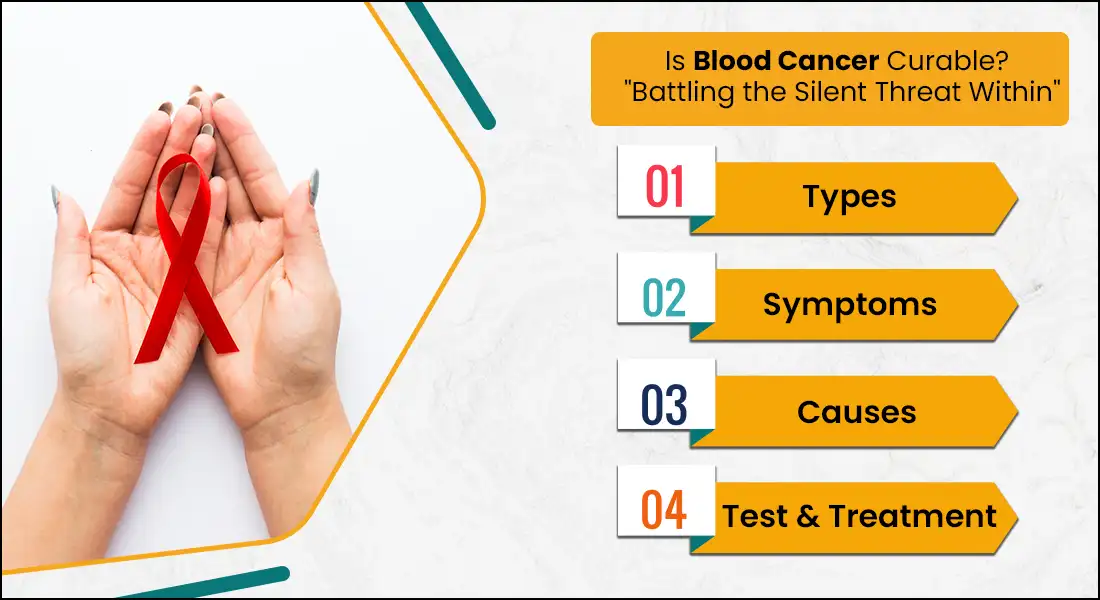
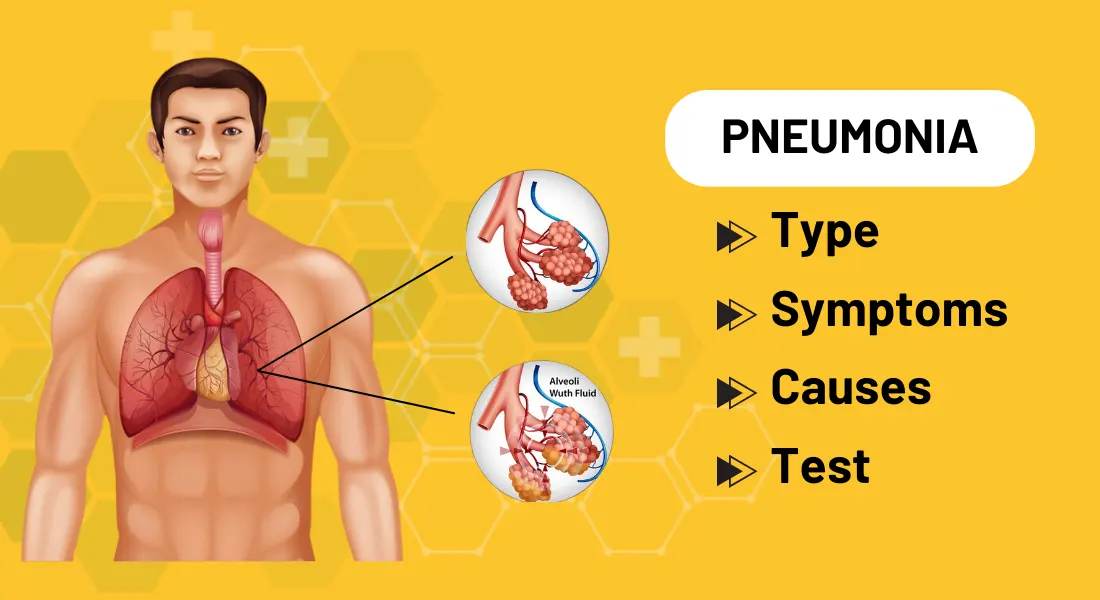
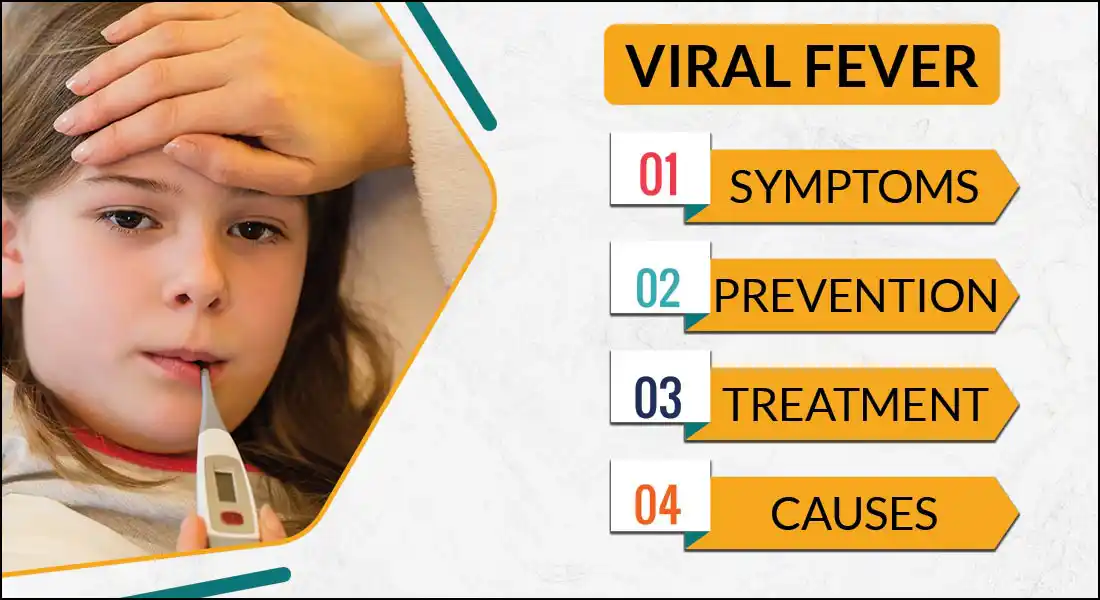

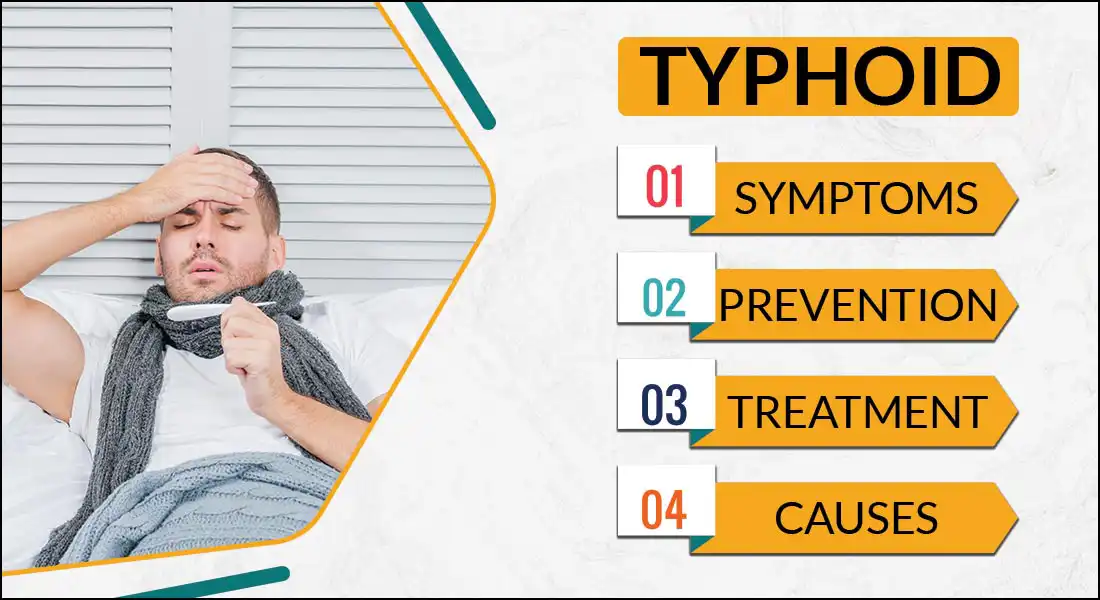
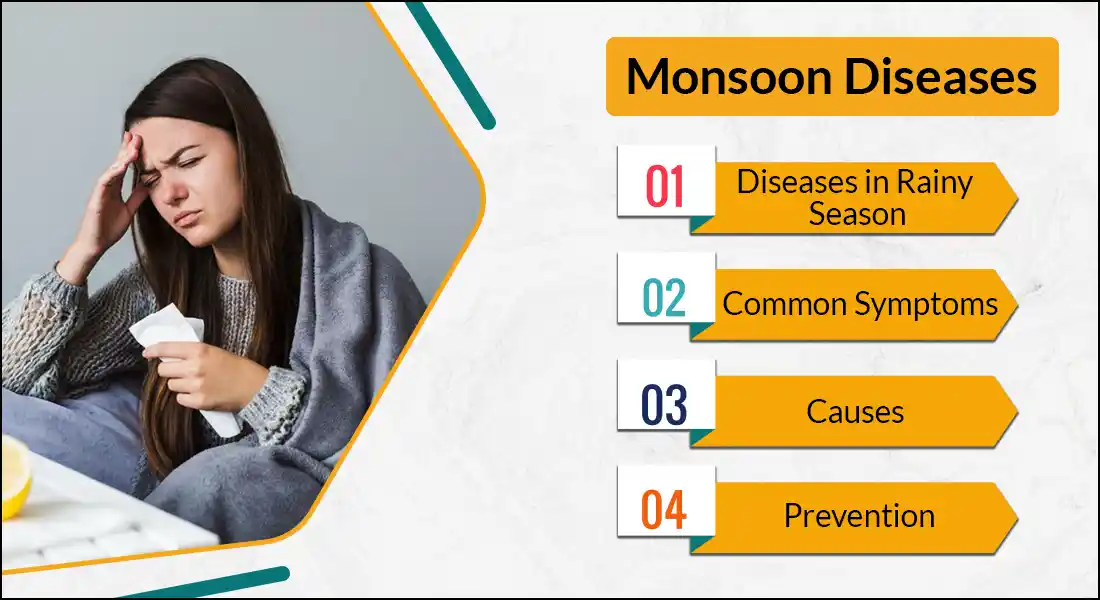
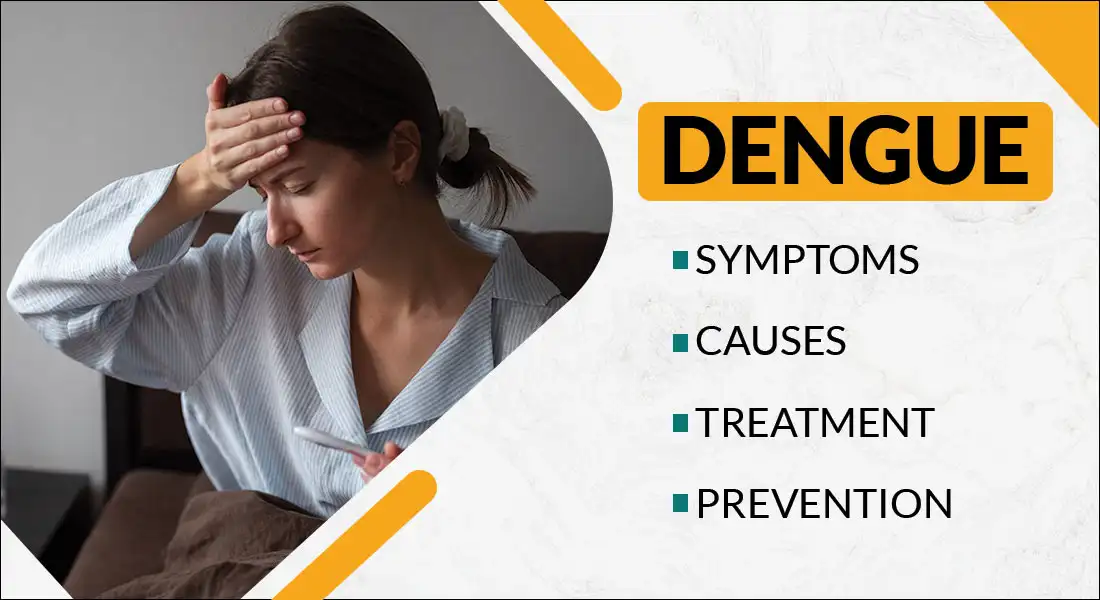


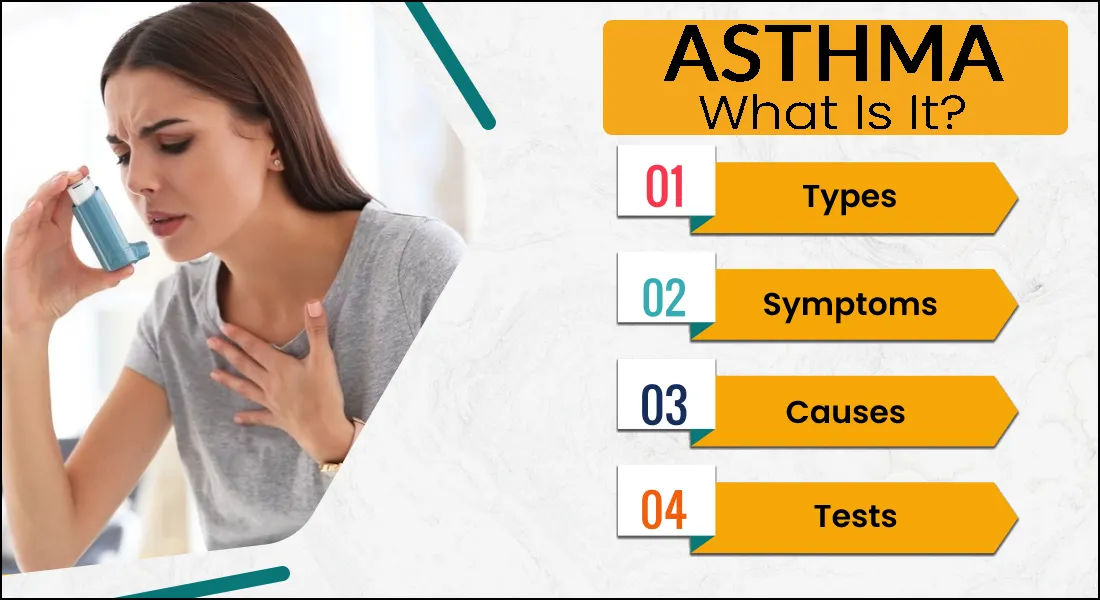

Comments List